… în propriile lui cuvinte. Cât de bine înţelege Barack Hussein Obama lumea în care trăieşte? Foarte puţin, dacă nu cumva deloc.
În contextul în care Rusia, China şi Iranul urmăresc o reconfigurare a ierarhiei politico-militare a lumii, investind masiv în armată şi sprijinind toate ţările şi entităţile antioccidentale, ţările vest-europene sunt fie slabe, fie dominate politic şi economic de Rusia, iar Islamul se află în plin proces de radicalizare, chiar vrem ca Obama să conducă singura putere din Vest spre autodistrugere?








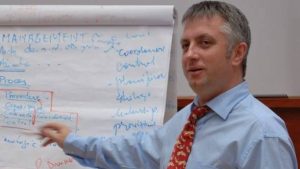

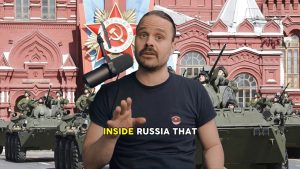
![marius-bostan-foto[1] marius-bostan-foto[1]](https://inliniedreapta.net/wp-content/uploads/elementor/thumbs/marius-bostan-foto1-qt9ywoo2b2lgv37b76h9qr5yo6db5vwzoxbuvd4e6o.jpg)
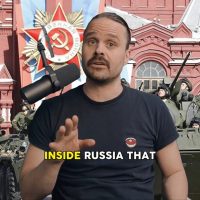



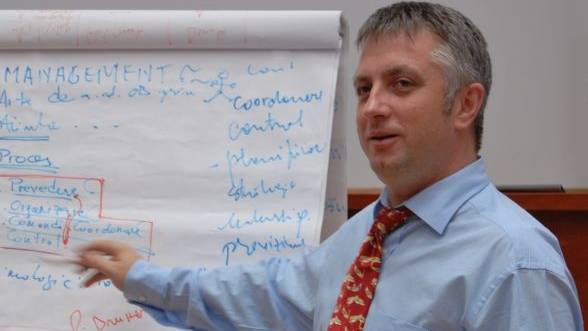
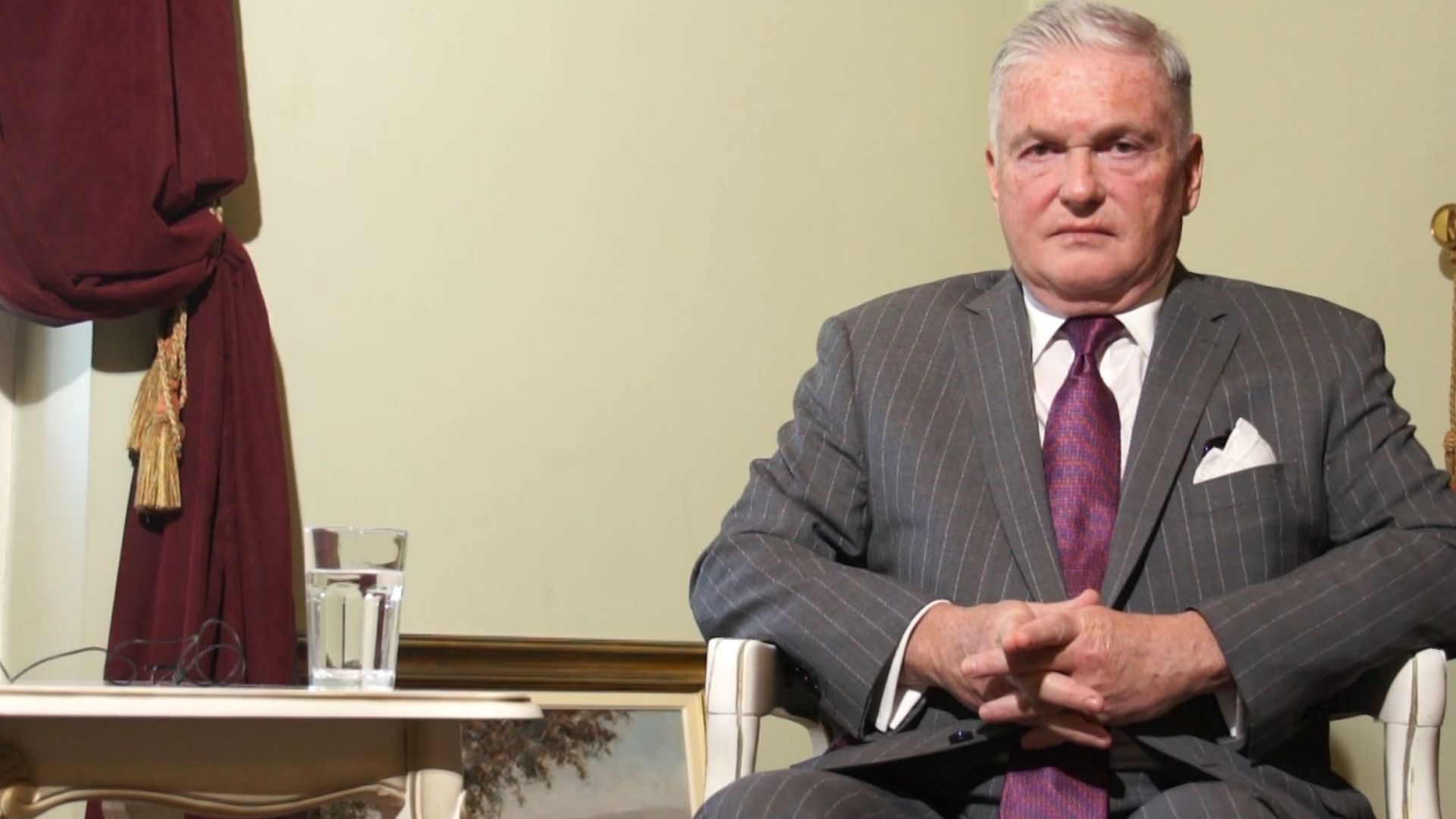

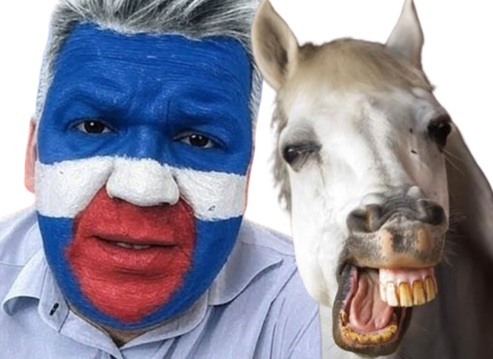
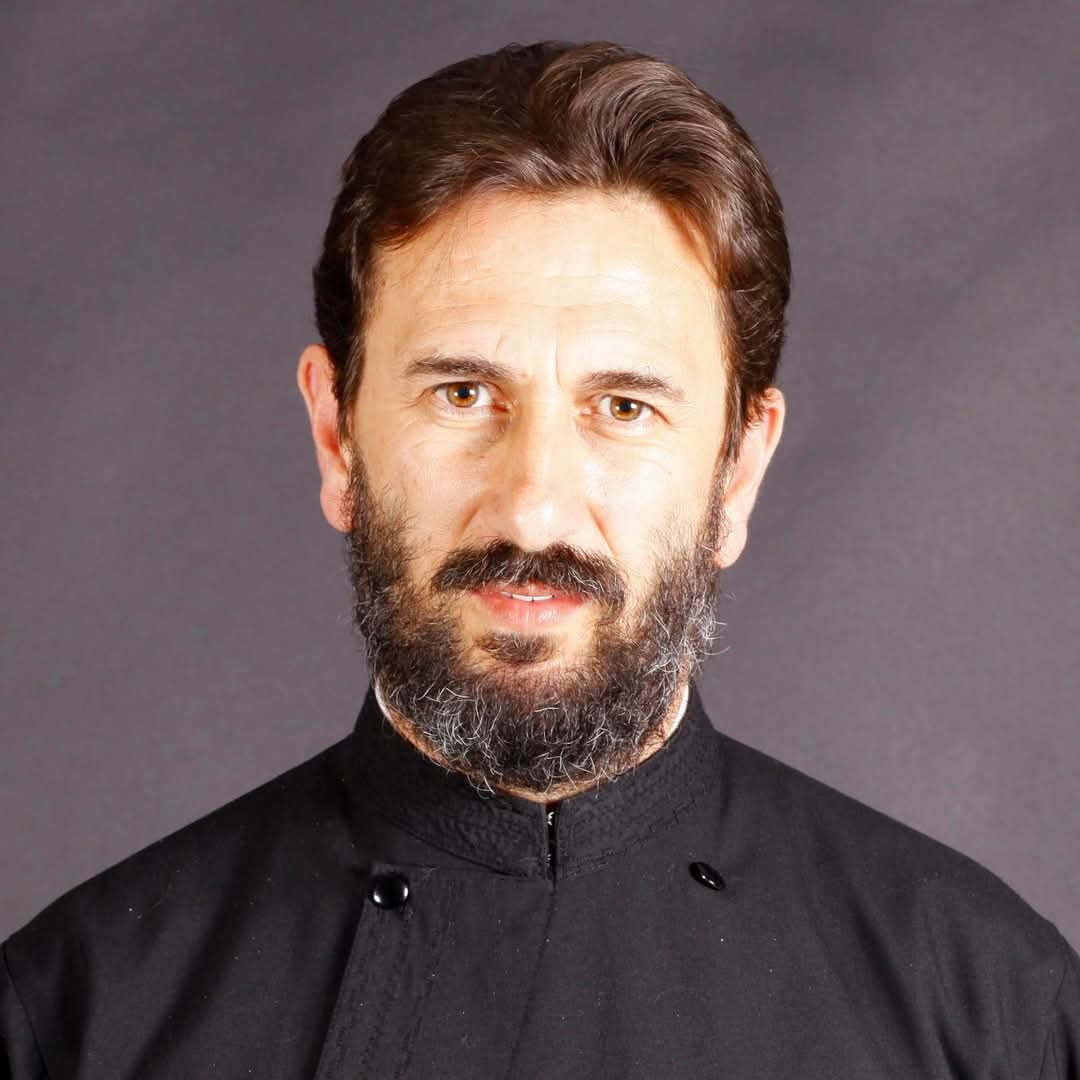
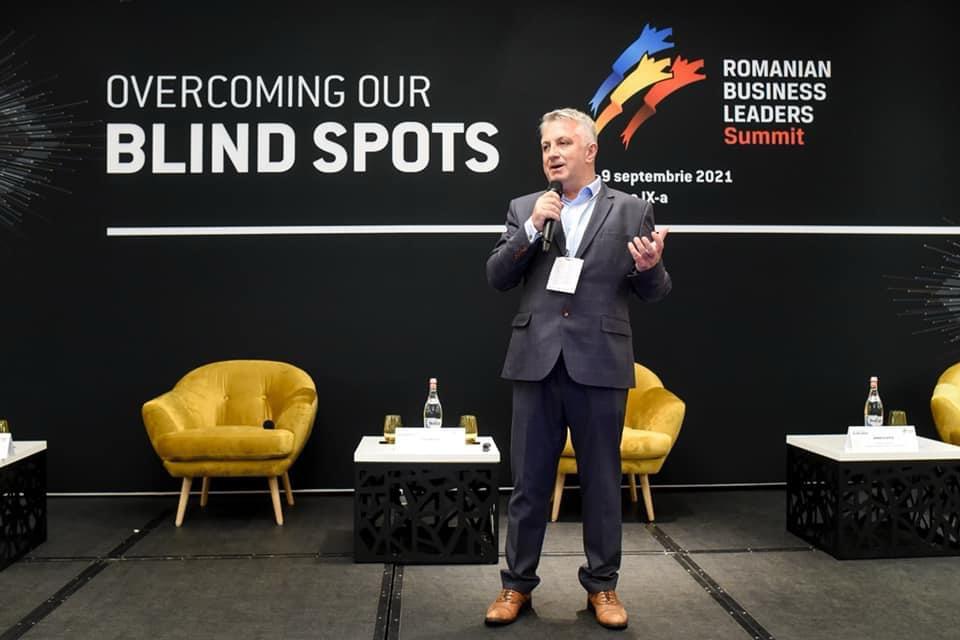
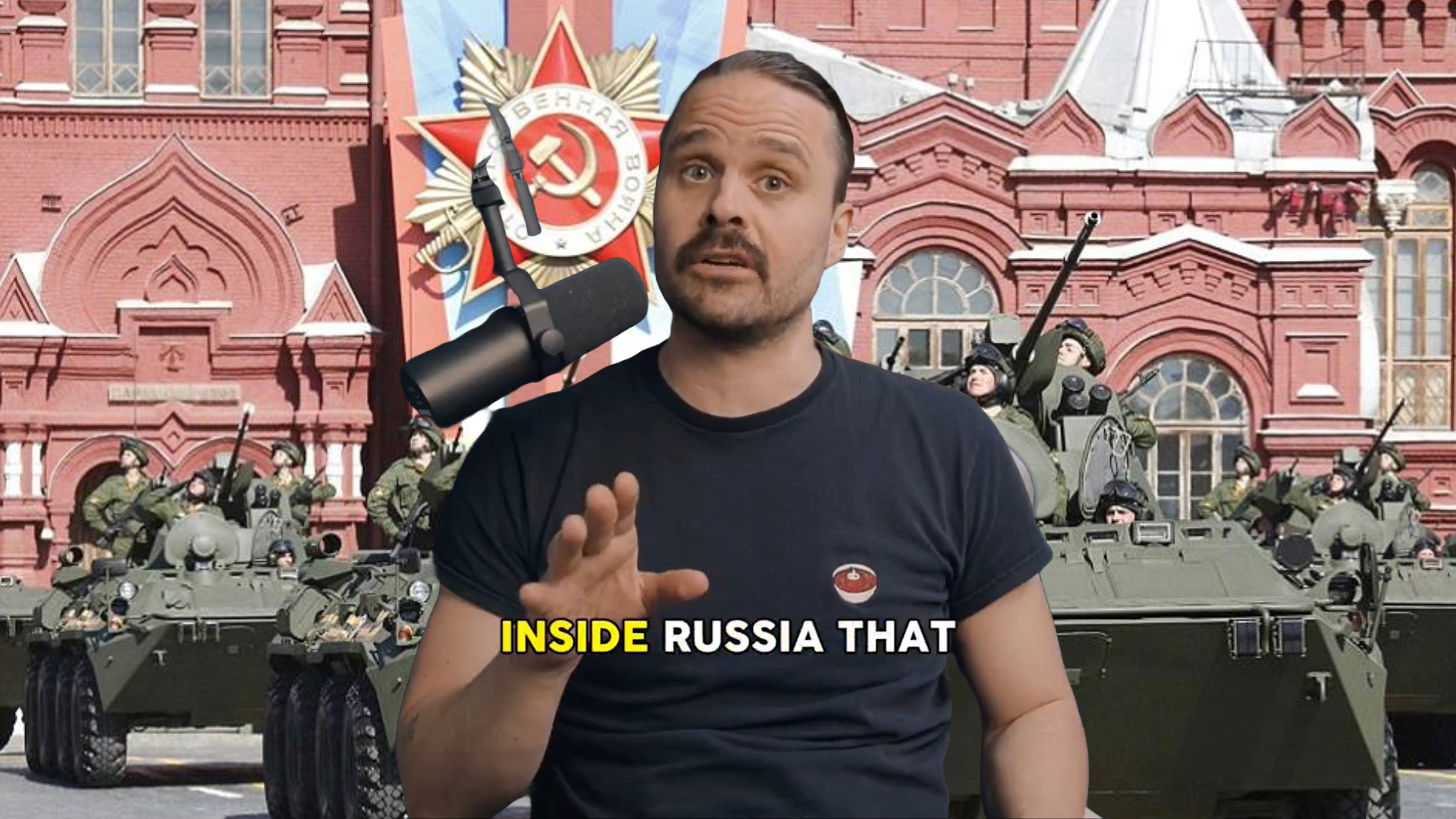

23 Comments
Francesco
18 September 2008Rusia a anuntat cresterea bugetului militar pentru anul urmator la 47.9 mld. dolari.
Anul acesta, Rusia a pulverizat armata Georgiei si i-a scufundat toate cele 7 sau 8 nave militare.
Conform unei comunicari ruse, submarinul gigant Dimitrii Donskoy (171 m lungime, 23.3 m latime si 49800 tone greutate) a fost reechipat cu rachetele balistice Bulava tip SS-NX-30.
dr. jones
18 September 2008in the meanwhile
„Elsewhere, Russia’s main stock exchanges were mostly closed Thursday, a day after regulators suspended trading amid a dizzying plummet in share prices. The MICEX resumed limited trading; the RTS is expected to reopen Friday.”
cu alte cuvinte rusia a gasit momentul potrivit pentru a se reinarma in plina criza economica globala si cu un pret al petrolului in cadere libera – principala sursa de venit.
dr. jones
18 September 2008ps off topic.
nemaipomenit articolul din der spiegel.
cine l-a gasit?
dr. jones
18 September 2008scuze – e pajamas media nu spiegel.
Francesco
18 September 2008Dr. Jones:
Articolele din Ce zic altii sunt postate de emil care primeste si sugestiile celorlalti. Sunt schimbate cam la o saptamana pana in zece zile.
Din pacate nu am pastrat o „arhiva” cu toate aceste articole…
dr. jones
18 September 2008foarte misto articolul.
acum ma delectez cu comentariile. ????
Imperialistu'
18 September 2008Emil cred ca a pastrat una. Acum mai multe luni, pastram si eu. Nu stiu de ce am renuntat la obicei.
dr. jones
18 September 2008da.
aveti o arhiva?
si ontopic:
citeam comentariile articolului – si majoritatea americanilor care scriu acolo sunt de parere ca statele unite ar trebui sa isi retraga bazele din europa care sunt platite din banii contribuabilului american si sa lase europa in fata noii rusii.
ca de stereotipe nu duce lipsa.
emma, ar trebui sa il citesti. te va mai destinde un pic.
dr. jones
18 September 2008de fapt exact ce vrea sa faca obama.
de aceea ziceam ca paradoxal, obama care nu e bun pentru europa este cel mai indragit de europeni.
chiar sunt curios cum „negocia” europa cu rusii daca nu avea spatele asigurat de statele unite.
cred ca o mai punea de o conferinta si o mica investigatie despre ce se mai intampla la guantanamo.
Francesco
18 September 2008Si totusi cursa este stransa!
Un sondaj Reuters-Zogby dat publicitatii pe 17 septembrie spune ca Obama conduce cu 47 la 45% in intentiile de vot americane.
„Efectul Palin” a determinat o polarizare a intentiilor de vot si o strangere a randurilor atat in tabara democrata cat si in cea republicana.
Mai sunt 46 de zile pana la alegeri…
dr. jones
18 September 2008schimbarea lui mr. obama nu mai este asa de schimbatoare ca acum cateva luni.
e de acord cu forarea si nici nu mai e asa de convins despre retragerea masiva si brusca din iraq unde se pare petraeus face o treaba foarte buna.
95% dintre americani isi doresc trupele acasa, dar nu in orice conditii.
ar fi un nonsens ca tocmai atunci cand aproape ai castigat lupta sa te declari invins.
iar media a umflat mereu procentele democratilor.
emma
18 September 2008jones, dimpotriva. in momentul acesta sunt pe deplin destinsa. m-ar incorda sa citesc acele comentarii doar pentru faptul ca – as tinde sa cred ca unii si-au ridicat necontrolat „dozajul halucinogenelor” ???? o retragere a bazelor militare din europa este atat de iluzorica precum situatia ( pur ipotetica) prin care america ar capitula maretei idei de dominanta mondiala ( chiar nu mi-ar placea deloc ) .
este cat se poate de probabil sa fiu inteleasa gresit. daca nu in intregime cel putin partial. nu repet in viitor : eu sunt pentru o „dominanta” americana insa intr-o relatie cordiala cu europenii.
p.s. regret sa crezi ca te-am „rambolat” ieri cu intentii rele. uneori sunt pur si simplu lejera in exprimare si nu ma formalizez. deci, nu e rau sa fiu privita putin mai diferentiat si ceva mai degajat ????
dr. jones
18 September 2008ok emma.
din cauza faptului ca in rusia nu exista mari jucatori pe piata privata – medvedev se vede obligat acum sa mentina rubla prin infuzii mari de capital. marti a fost inchisa bursa pentru ca investitorii sa nu mai vanda.
chiar si la deschiderea de maine -brokerii au fost limitati la vanzari pentru a nu se prabusi bursa de la moscova.
toate aceste infuzii de capital atat in bursa cat si in rubla vin de la buget.
un buget saracit dupa o scadere vertiginoasa a barilului.
daca mai incepe si o cursa a inarmarilor…
Imperialistu'
18 September 2008Da, jones, dar nu stim cat o sa mai cada barilul, iar politica rusiei de reinarmare a inceput de mult, directia fiind cat se poate de clara: rusii vor sa isi traga jucarii noi, problema lor fiind banii. Aceeasi situatie o intalnim si in China, cu observatia ca eu nu stiu ca Republica Populara sa treaca printr-o perioada ceva mai grea. Chinezii se inarmeaza, rusii se inarmeaza, numai tov. Obama vrea sa dezarmeze Statele Unite.
Cu greu pot sa inteleg ce o fi in capul omului ala. Se comporta de parca ar fi coloana a V-a.
P.S. Pe undeva mai trebuie sa fie salvata linkurile din stanga. Sa vedem ce zice Emil.
Francesco
18 September 2008Trei fapte noi pe agenda lui Obama
1. Agentia Interfax a anuntat ca astazi a fost testata cu succes racheta intercontinentala Bulava care are „capacitatea de a strapunge scutul anti-racheta american”, dupa cum s-a exprimat un reprezentant al ministerului apararii de la Moscova.
2. La data de 16 septembrie a aparut in Le Figaro un articol de Georges Malbrunot ce trece in revista planurile de atac ale iranienilor contra Statelor Unite in cazul in care Israelul sau SUA ar ataca instalatiile de concentrare a uraniului.
Aceste vedete vor ataca orice nava in stilul „unei bande de lupi”, dupa cum s-a exprimat Ali Shirazi, reprezentantul ayatholahului pe langa Gardienii Revolutiei Islamice. Vedetele rapide vor fi „pilotate de gardieni ai revolutiei fanatizati”, am citat din articolul din Le Figaro si vor ataca in roiuri de cate douazeci orice nava occidentala.
3. Tony Halpin raporteaza astazi din Moscova ca s-a convenit vanzarea de rachete S-300 catre Iran si Venezuela.
Eretele
18 September 2008Nu ştiam că Ghadafi e aşa un mare susţinător al lui Obama…
Imperialistu'
18 September 2008Semne bune anul are. Mai avem nevoie numai de un presedinte de paie.
dr. jones
18 September 2008„During the Great Depression in the 1930s, the U.S. Congress separated commercial banks, which take deposits and make loans, from investment banks, which underwrite and trade securities. The investment banks were allowed to do business with less oversight, while commercial banks operated with tighter supervision.
But after Congress repealed those laws in 1999, commercial banks began moving in on Wall Street’s turf. As the new competition whittled down profit margins, investment banks used more of their capital to trade securities and also began developing financial derivatives to drive up profits.”
cu toate ca recenta criza financiara se pare ca isi are radacinile in guvernarea clinton, bush este de blamat si obama creste in sondaje.
delano chiar a fost un baiat destept. democrat cu vederi republicane.
dr. jones
18 September 2008imperialistu’ dixit:
„Da, jones, dar nu stim cat o sa mai cada barilul”
well, nimeni nu se astepta sa sara peste noapte inapoi la 120.
jubileaza rusii. poate si europenii. chinezii…
dr. jones
18 September 2008An Open Letter to the Obama Administration from Central and Eastern Europe
by Valdas Adamkus, Martin Butora, Emil Constantinescu, Pavol Demes, Lubos Dobrovsky, Matyas Eorsi, Istvan Gyarmati, Vaclav Havel, Rastislav Kacer, Sandra Kalniete, Karel Schwarzenberg, Michal Kovac, Ivan Krastev, Alexander Kwasniewski, Mart Laar, Kadri Liik, Janos Martonyi. Janusz Onyszkiewicz, Adam Rotfeld, Vaira Vike-Freiberga, Alexandr Vondra, Lech Walesa.
We have written this letter because, as Central and Eastern European (CEE) intellectuals and former policymakers, we care deeply about the future of the transatlantic relationship as well as the future quality of relations between the United States and the countries of our region. We write in our personal capacity as individuals who are friends and allies of the United States as well as committed Europeans.
Our nations are deeply indebted to the United States. Many of us know firsthand how important your support for our freedom and independence was during the dark Cold War years. U.S. engagement and support was essential for the success of our democratic transitions after the Iron Curtain fell twenty years ago. Without Washington’s vision and leadership, it is doubtful that we would be in NATO and even the EU today.
ooops! pai unde sunt demonstratiile alea impotriva scutului antiracheta?
he he he! ce dor o s-o apuce pe europa dupa bush ala pe care il injura non-stop.
Imperialistu'
18 September 2008Am citit apelul si imi pare interesant, dar sunt sigur ca va fi ignorat cu totul de catre domnul presedinte Barack Obama. Casa Alba nu are urechi pentru fosti oficiali ai unor state mici din estul european. Trebuie sa privim spre viitor, nu spre trecut. Ce ne poate invata trecutul?
Imperialistu'
18 September 2008Cand il aud cum spune ca „those contries are tiny compared to the Soviet Union”, simt ca mi se face rau. ???? Cat de putin pricepe omul asta lumea in care traieste!
chriscross
18 September 2008cred ca obama nu a auzit de David si Goliat… ????